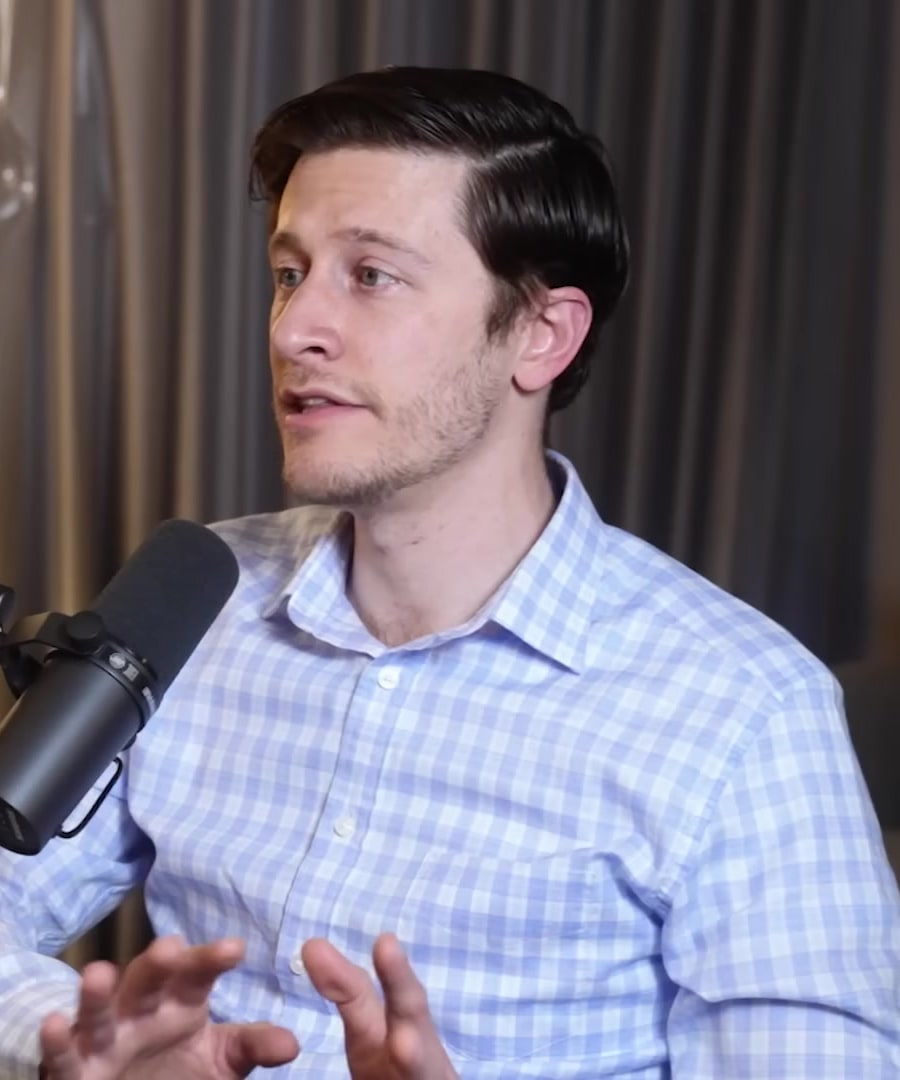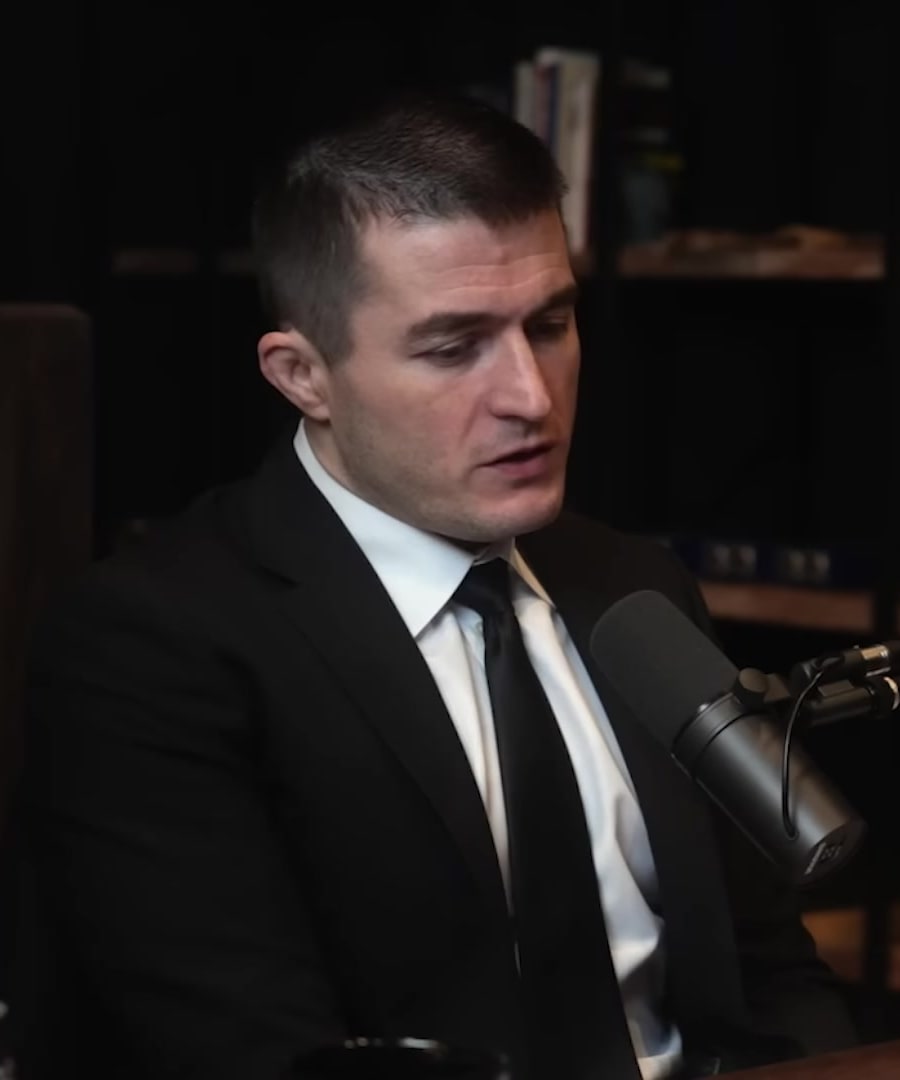Self-censorship
Sources:
Lex Fridman has addressed the topic of self-censorship in multiple discussions on his podcast. Here are some key insights:
-
Academia:
- Self-censorship in academia is a concern due to the environment on campuses. Many people in academia self-censor to avoid controversy, focusing solely on their work instead of engaging in political or social issues 1.
- This environment can be problematic, as it might stifle controversial thinkers who challenge the status quo, which is crucial for academic progress 1.
-
Thought Pile and Speech Curve:
- Tim Urban explained the concept of the "thought pile" (what people think privately) and the "speech curve" (what is publicly spoken). In healthy free speech environments, these two align. Censorship disrupts this alignment, creating gaps between private beliefs and public discourse 2.
-
Fear and Groupthink:
- Greg Lukianoff highlighted how censorship on campuses fosters groupthink and fear. For instance, surveys indicate that a significant percentage of students and professors engage in self-censorship, suggesting a pervasive climate of fear in academic settings 3.
-
Institutional Pressure:
- Bret Weinstein discussed how institutional pressures lead to self-censorship. Many brilliant individuals are discouraged from exploring non-conformist ideas due to a "cryptic totalitarianism," where people rationalize censoring their thoughts to align with institutional expectations 4.
These discussions emphasize that self-censorship is a complex issue that can significantly impact free thought and discourse in various settings.
RELATED QUESTIONS-



